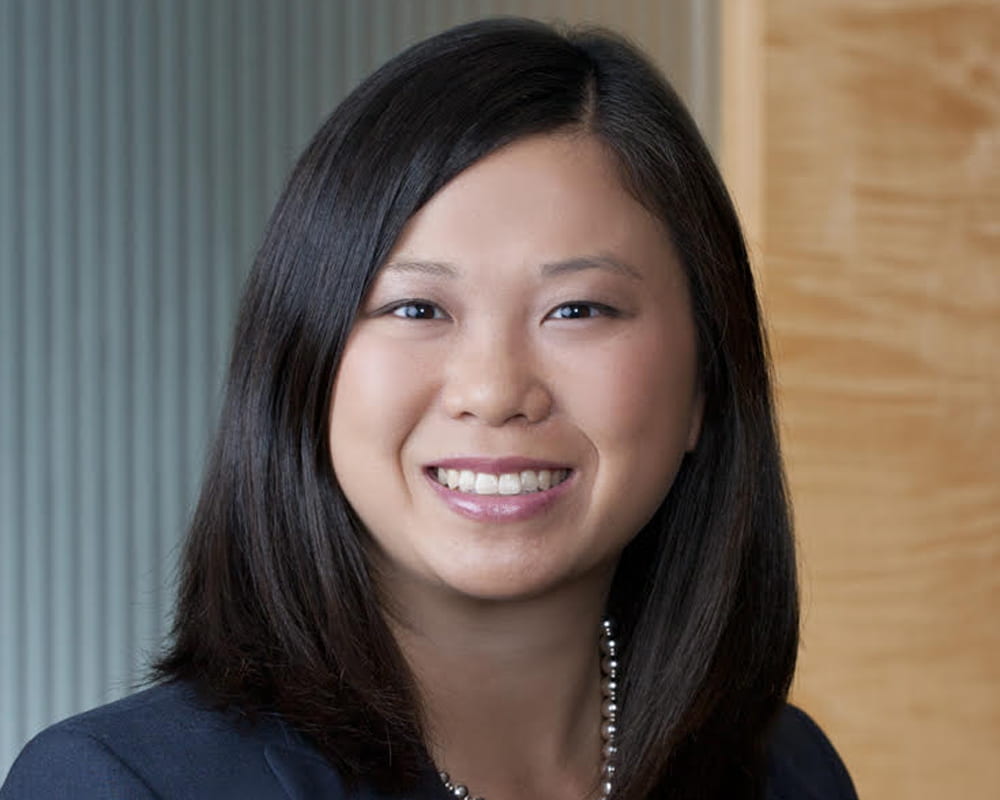Op-Ed on Asian Hate Crimes
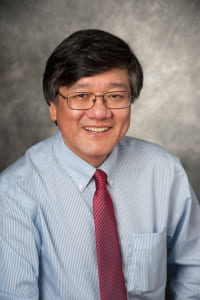 A short piece by Sze-kar Wan on the Atlanta murders recently appeared in Church Anew.
A short piece by Sze-kar Wan on the Atlanta murders recently appeared in Church Anew.
“We don’t need legal jargons to tell us this is an anti-Asian hate crime,” he wrote. “We just know it. From experience and from history.” He cited examples of injustices against Asian Americans: violence against Chinese miners during the gold rush of the nineteenth century; the Page Law of 1875; the Chinese Exclusion Act of 1882; the 1887 Hells Canyon Massacre; the Internment of Japanese Americans during the Second World War; the killing of Vincent Chin and the refusal to jail his convicted killers in 1982; racist rhetoric used by President Trump throughout the pandemic. “They all had a hand in the shootings,” Wan wrote. He also explored how misinterpretations of Jesus’s teaching and purity culture played a part. Read the piece here.
Father/Son Podcast
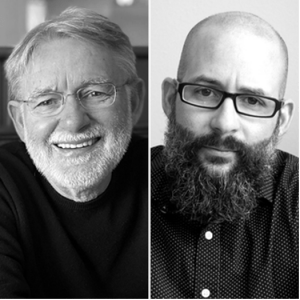 An interview with Marcell Silva Steuernagel and his father, Valdir Steuernagel, is featured in a podcast about the witness, embodiment, and community of the Lutheran church in south Brazil during the COVID-19 crisis. This conversation was recorded in the fall of 2020 as part of a global worship course taught by Prof. Maria Cornou at Calvin Theological Seminary. Listen to the podcast or read the transcript here.
An interview with Marcell Silva Steuernagel and his father, Valdir Steuernagel, is featured in a podcast about the witness, embodiment, and community of the Lutheran church in south Brazil during the COVID-19 crisis. This conversation was recorded in the fall of 2020 as part of a global worship course taught by Prof. Maria Cornou at Calvin Theological Seminary. Listen to the podcast or read the transcript here.
Marcell Silva Steuernagel also presented The Townsend-McAfee Institute for Church Music lecture at Mercer University on March 18. Entitled “Wholistic Musicking: Performance Theory for Musicians,” the lecture focused on how concepts from performance studies can help musicians enhance their participatory and presentational musical leadership abilities. He also recently presented a paper at the annual meeting of the Society for Christian Scholarship in Music, held virtually in late February. His presentation, entitled “Negotiations of Identity and Faith in Brazilian Christian Music from the 1960s to the 1980s,” focused on the recent history of Brazilian church music.
Book Reception
Dean Craig Hill hosted a March 1 Zoom reception celebrating recent faculty books. The books highlighted were Wes Allen’s Protestant Worship: A Multisensory Introduction for Students and Practitioners, Abingdon (2019); Jaime Clark-Soles’ Women in the Bible, Westminster John Knox Press (2020); Jack Levison’s An Unconventional God: The Spirit according to Jesus, Baker Academic, 2020; Abraham Smith’s Black/Africana Studies and Black/Africana Biblical Studies, Brill, 2020; Theo Walker’s The Origin of Man’s Ethical Behavior (1941) by Ernest Everett Just & Hedwig Schnetzler Just, Amazon Direct Publishing, 2020; and Sze-kar Wan’s Romans: Empire and Resistance (T & T Clark , 2021).
Book Honored
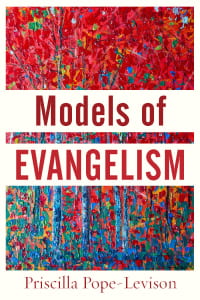 Priscilla Pope-Levison’s book Models of Evangelism has been named Outreach Resource of the Year in the Theology and Biblical Studies Category by Outreach magazine. Read the article in Outreach here. The book was also recommended by Bishop Gregory Palmer of the Ohio West Conference of the United Methodist Church. Palmer wrote: “Many sincere Christians dismiss evangelism due to enduring evangelistic caricatures. This book helps readers move beyond those caricatures to consider thoughtfully and practically how they can engage in evangelism, whether it’s through one-on-one conversations, social media, social justice, or the liturgy of worship services.” Read Bishop Palmer’s review here.
Priscilla Pope-Levison’s book Models of Evangelism has been named Outreach Resource of the Year in the Theology and Biblical Studies Category by Outreach magazine. Read the article in Outreach here. The book was also recommended by Bishop Gregory Palmer of the Ohio West Conference of the United Methodist Church. Palmer wrote: “Many sincere Christians dismiss evangelism due to enduring evangelistic caricatures. This book helps readers move beyond those caricatures to consider thoughtfully and practically how they can engage in evangelism, whether it’s through one-on-one conversations, social media, social justice, or the liturgy of worship services.” Read Bishop Palmer’s review here.
Johnson Op-Ed
 Susanne Johnson, associate professor of Christian education at Perkins, weighed in on the topic of civility in a Feb. 28 op-ed published in the Dallas Morning News, titled, “Civility comes not by hashing out our differences, but seeing each other as human.” Johnson wrote: “I suspect that most readers are as fed up as I am with the amount of vitriol and violence generated in public discourse the past several years. Many of us have struggled to keep certain relationships intact, but there were casualties.” Johnson noted that Pew Research Center observes that most Americans abhor members of the other party and believe the opposition undermines the nation’s well-being. She also quoted Reinhold Niebuhr, “Whenever the followers of one political party persuade themselves that the future of the nation is not safe with the opposition in power, it becomes fairly certain the nation’s future is not safe, no matter which party rules. For such public acrimony endangers the nation’s health more than any specific policies.” Johnson proposed the practice and power of authentic dialogue as an antidote. “Authentic dialogue draws on the power of personal storytelling to dismantle fear-based prejudices, and engender empathy and understanding of others from within their own lived reality,” she wrote. “Behind every belief is a story, and behind every story is a fellow human being.” Read the op-ed here.
Susanne Johnson, associate professor of Christian education at Perkins, weighed in on the topic of civility in a Feb. 28 op-ed published in the Dallas Morning News, titled, “Civility comes not by hashing out our differences, but seeing each other as human.” Johnson wrote: “I suspect that most readers are as fed up as I am with the amount of vitriol and violence generated in public discourse the past several years. Many of us have struggled to keep certain relationships intact, but there were casualties.” Johnson noted that Pew Research Center observes that most Americans abhor members of the other party and believe the opposition undermines the nation’s well-being. She also quoted Reinhold Niebuhr, “Whenever the followers of one political party persuade themselves that the future of the nation is not safe with the opposition in power, it becomes fairly certain the nation’s future is not safe, no matter which party rules. For such public acrimony endangers the nation’s health more than any specific policies.” Johnson proposed the practice and power of authentic dialogue as an antidote. “Authentic dialogue draws on the power of personal storytelling to dismantle fear-based prejudices, and engender empathy and understanding of others from within their own lived reality,” she wrote. “Behind every belief is a story, and behind every story is a fellow human being.” Read the op-ed here.
Hunt Op-Ed
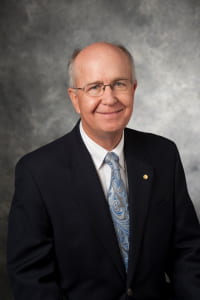 Progressive bashing of evangelicals and Catholics is getting a little old, as is the converse, wrote Robert Hunt, Director of Global Theological Education at Perkins, in a March 28 op-ed in the Dallas Morning News. “It is pointless, alienating and risks becoming an exercise in self-righteousness,” he writes. “This is particularly so when the charge is that these groups are unloving and unaccepting without acknowledging that the meaning of the terms ‘love’ and ‘acceptance’ are part of the disagreement.” Hunt encouraged progressives, evangelicals and Catholics to seek the common language they share and to listen more carefully to each other. “It seems unlikely that religious people, regardless of where they stand, can make the fullest contribution to society by attacking one another without even grasping why they disagree,” he concluded. Read the op-ed here.
Progressive bashing of evangelicals and Catholics is getting a little old, as is the converse, wrote Robert Hunt, Director of Global Theological Education at Perkins, in a March 28 op-ed in the Dallas Morning News. “It is pointless, alienating and risks becoming an exercise in self-righteousness,” he writes. “This is particularly so when the charge is that these groups are unloving and unaccepting without acknowledging that the meaning of the terms ‘love’ and ‘acceptance’ are part of the disagreement.” Hunt encouraged progressives, evangelicals and Catholics to seek the common language they share and to listen more carefully to each other. “It seems unlikely that religious people, regardless of where they stand, can make the fullest contribution to society by attacking one another without even grasping why they disagree,” he concluded. Read the op-ed here.


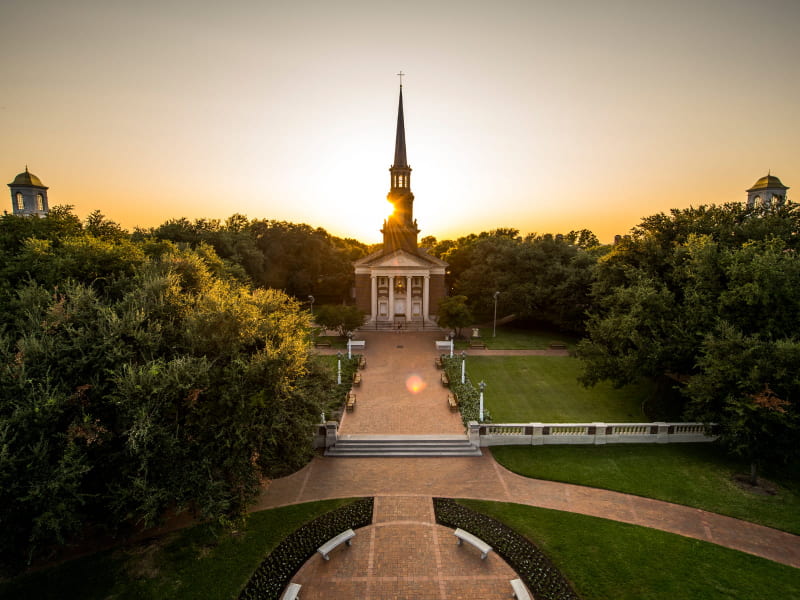
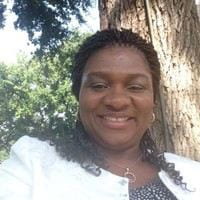

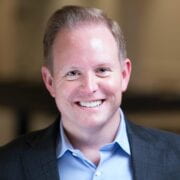
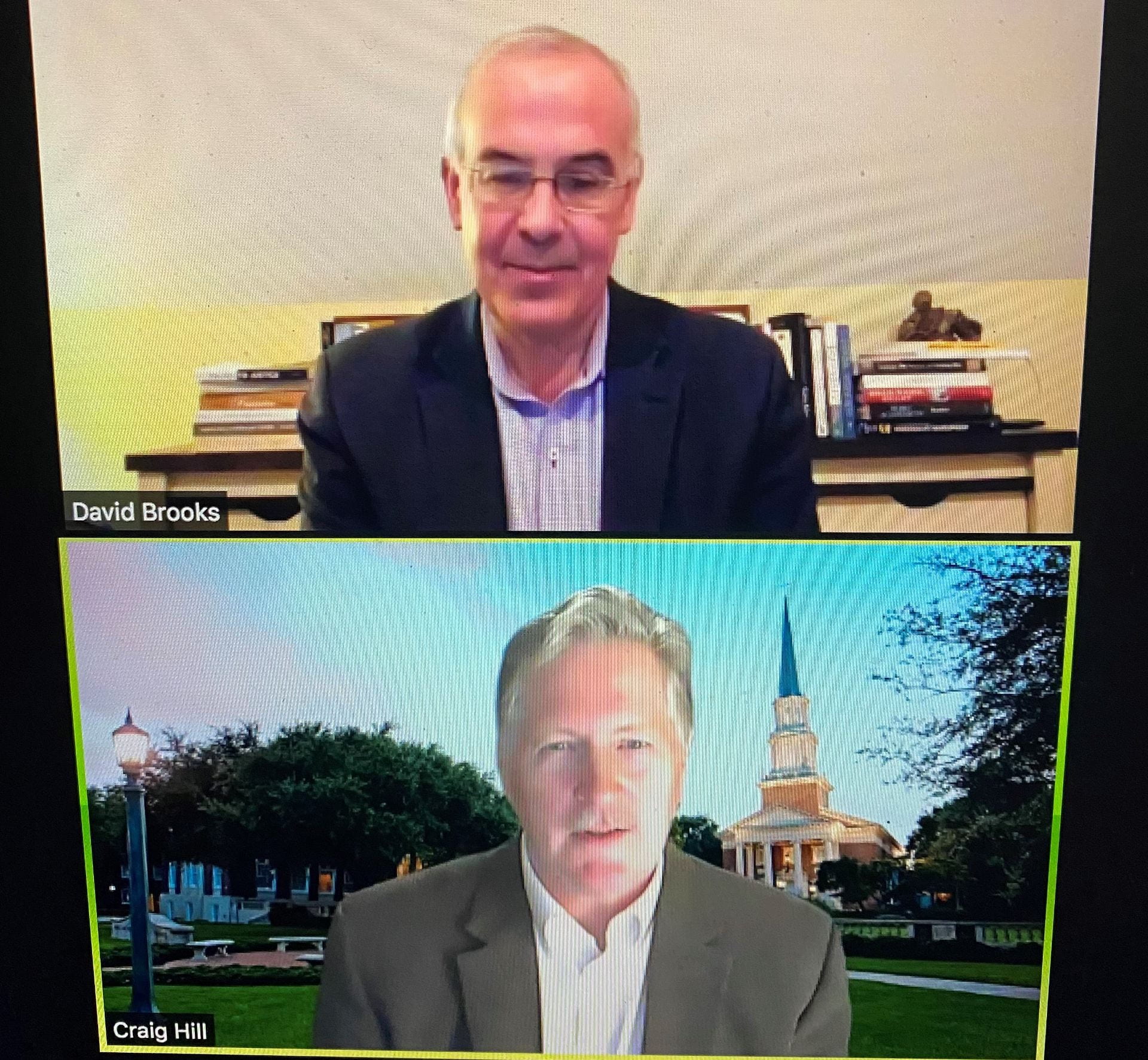
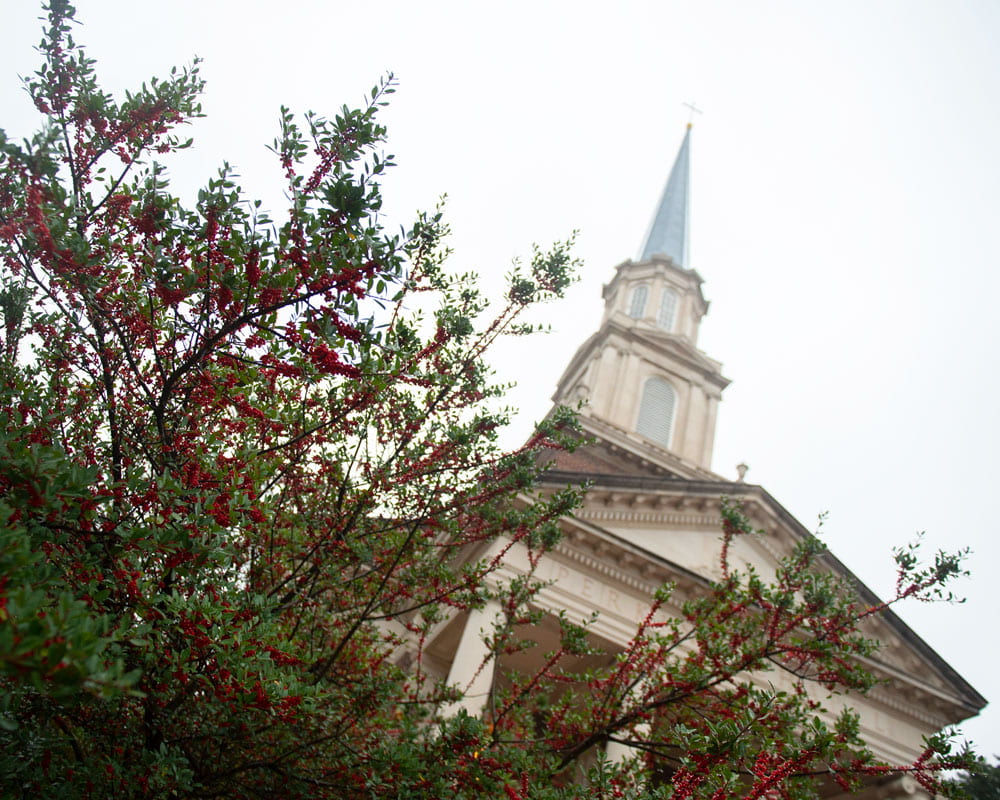

 “I am a lifelong United Methodist and knew that a United Methodist seminary would make me the best future United Methodist pastor. Can you tell I love being United Methodist? I looked up the 13 United Methodist seminaries and narrowed down that list to those that had user-friendly websites. I figured that if a seminary could not give me a good website, they could not give me a good education either. I requested information from those schools; almost instantly, I received an email from the enrollment office asking if I was able to take a phone call. They were so intentional. I had been taught that I would have to fight to have my voice heard in grad school, but Perkins showed me that they cared enough about me to remember random things I had told them on the phone when I came to visit the campus. Not only did they offer me a welcoming environment to call home, but they offered me academics that would help me grow mentally as well as spiritually. Long story short, Perkins was the obvious choice. I found Perkins by looking up the 13 UMC seminaries. I only live two hours away from Candler and about four from Asbury so those were the only two I knew about until I researched for myself!
“I am a lifelong United Methodist and knew that a United Methodist seminary would make me the best future United Methodist pastor. Can you tell I love being United Methodist? I looked up the 13 United Methodist seminaries and narrowed down that list to those that had user-friendly websites. I figured that if a seminary could not give me a good website, they could not give me a good education either. I requested information from those schools; almost instantly, I received an email from the enrollment office asking if I was able to take a phone call. They were so intentional. I had been taught that I would have to fight to have my voice heard in grad school, but Perkins showed me that they cared enough about me to remember random things I had told them on the phone when I came to visit the campus. Not only did they offer me a welcoming environment to call home, but they offered me academics that would help me grow mentally as well as spiritually. Long story short, Perkins was the obvious choice. I found Perkins by looking up the 13 UMC seminaries. I only live two hours away from Candler and about four from Asbury so those were the only two I knew about until I researched for myself!
